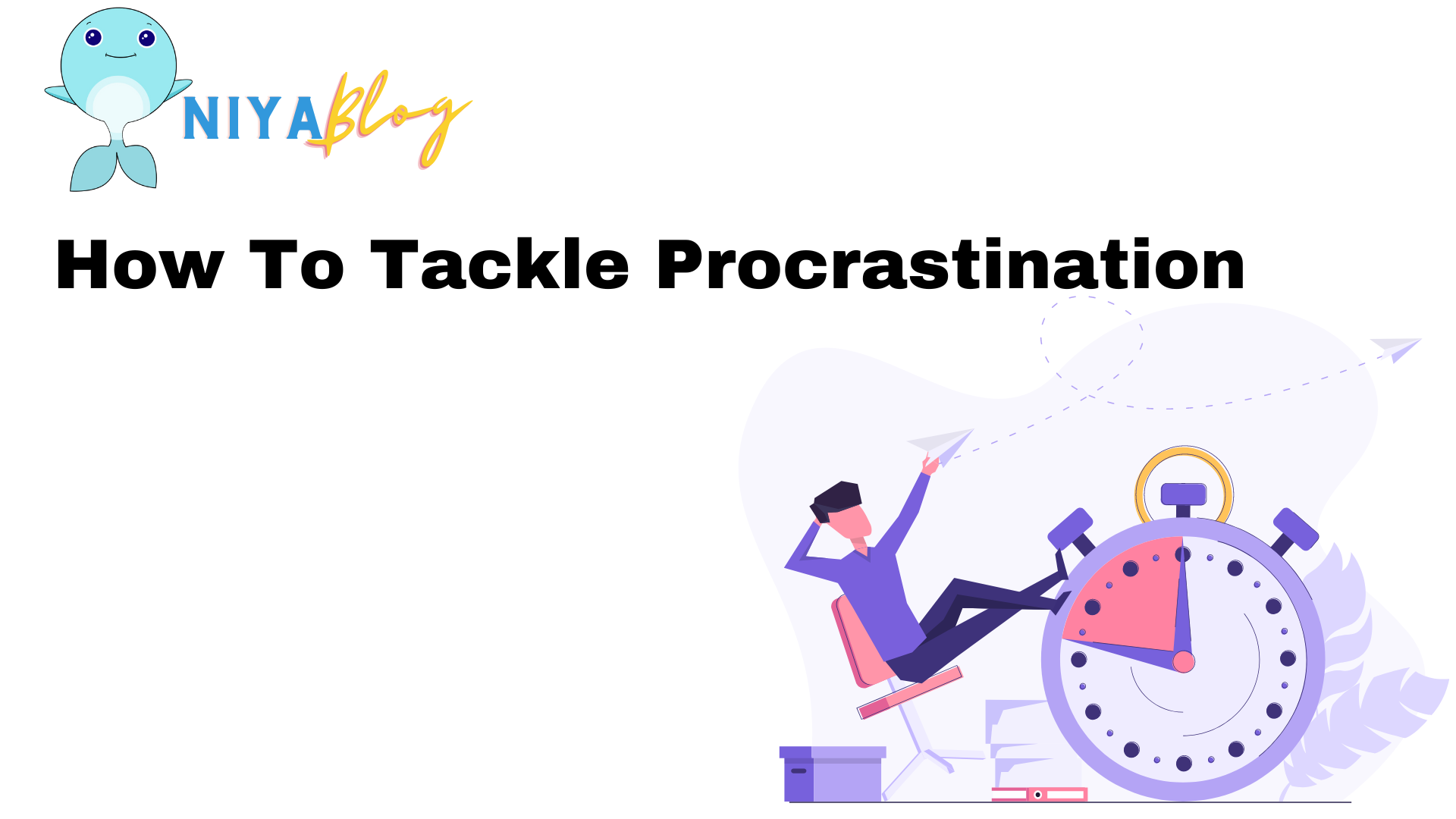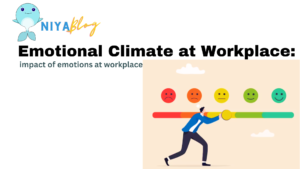
“I’m too tired, I’ll do it tomorrow”
“I don’t have enough time to do it all, so I will wait until I do”
We all have made these excuses some or the other times in our lives to delay our work at hand. Most people may relate to procrastinating on certain things at various points in their lives. People frequently confuse procrastination with “laziness,” yet procrastination has nothing to do with laziness. So, if not laziness, what exactly do we mean by the term “procrastination”?
What we mean by procrastination is, deciding to delay or not complete a task or goal you’ve committed to, and instead pursuing something of lesser value, despite the fact that there are negative consequences to not follow through on the original task or objective.
The stages of procrastination
Procrastination can be a case of pure avoidance. But most often, procrastination minimally involves a two-stage process. The first part involves an impulse to delay. That impulse can be triggered by a negative mood, a threat, discomfort, anticipated tedium, or some other real or imagined negative condition. The second stage almost immediately blends with the first. You reassure yourself that later is better, such as when you delay by telling yourself that you just need to warm up, and then you’ll get control of the situation.
Then you wait to warm up. In this two-stage process, procrastination has both an active and a passive phase. The active phase of procrastination involves engaging in avoidance activities such as napping or daydreaming instead of finishing a pressing report. The passive process involves excuse making and false justifications, such as deciding that tomorrow is a better time to start, coming up with excuses like “time just ran out.”
Let us look into the affects of Procrastination ?
Developing Limiting Beliefs
When you put something off and continue to put it off, you begin to form and then reinforce limiting beliefs about yourself and your potential in life. When these beliefs become your identity, you begin to procrastinate more and more.
Blowing up Possibilities
What you don’t realize is that the opportunity may have changed your life, but you gave it up. Most opportunities come just once; there is no guarantee of a second chance. Procrastinating on a presentation or pitch, leaving it till the last minute, and not giving it your all are examples of how procrastination can affect the opportunities that you could have used.
Making poor decisions
Another terribly damaging effect of procrastination is — making poor decisions. Our decisions are connected to our emotions, and procrastination can boost only the negative ones. Also, the very fact you’re rushing through decisions, instead of taking your sweet time to properly think about it, changes the criteria upon which you’ll base your decisions. This is especially relevant for making financial decisions.
What Causes Procrastination?
1)Perfectionism may appear to be a desirable trait.
Perfectionists set high expectations for themselves and strive to be the greatest at all they do. However, perfection is unattainable, and striving for it creates false expectations. As a result, people become afraid of failing. They end up putting things off because they are afraid they will not perform anything well or correctly. They wait for the perfect moment when they can’t fail—the “perfect moment” that never comes.
2)Self-Esteem Issues
According to the research, those who procrastinate have worse well-being and higher levels of stress and worry, which can diminish self-esteem and contribute to depression. When compared to non-procrastinators, people who consistently delay tasks have self-deprecating cognitive patterns regarding themselves and others. They may have thoughts like:
What if I’m completely wrong about the problem?
What if I make a blunder?
What if I’m not up to the task?
People who have poor self-esteem issues constantly fight with these limiting thought patterns. They procrastinate because they believe their negative self-talk.
3) Leaving Everything to the Last Minute
Procrastinators frequently say that they procrastinate because they “work better under pressure.” They have a tendency of waiting until the last minute to experience the surge of joy that comes from completing a task on time despite the odds.
However, this rarely goes as intended. People who believe “I’ll get around it” don’t give themselves enough time to complete a task successfully. Deferring work until the last minute leads to blunders and avoidable errors that jeopardize the quality of their work.
Procrastinators frequently underestimate how long a task will take. They deceive themselves into forgetting about the assignment in the hope that it will disappear, or they make up excuses that they would perform better under pressure.
3 Tips to Beat Procrastination
1) All or something mentality
Perfectionists have a “all or nothing” mentality and think in extremes, such as:
My performance is either excellent or dismal.
I’m either intelligent or stupid.
I’m either wrong or correct.
This leaves no in-between, grey space, or middle ground. To overcome perfectionism, you must replace “all or nothing” mentality with “all or something.”
Making mistakes is preferable to doing nothing at all. You may not obtain a perfect score, but by making an effort, you have moved past the point of doing nothing at all. Instead of the large, inflated vision, aim for “enough” or “required.”
2)Eliminate catastrophizing
One of the most common reasons individuals procrastinate is because they catastrophize, or overthink something. It could be related to how difficult, monotonous, or painful the activity will be to perform; in any event, the underlying concept is that executing the task will be “unbearable.”
In actuality, difficulties, dullness, and hard labour will not kill you or make you sick. Procrastination, on the other hand, is linked to stress—consider the worry you feel when you avoid making a phone call you know you should make. So put things in perspective: “Sure, this isn’t my favourite task, but I’ll get it done.”
3)Chunking
You can actually fool your brain into performing tasks on time. Smaller time units, such as 10 days instead of one month or 48 hours instead of one week, can help reduce procrastination by making future events appear more immediate. Understanding how you allocate your time to different tasks and activities will help you in developing structure.
For example If you want to write a book you could create an outline, identify each chapter, plan out the portions inside the chapters, and then commit to writing one segment at a time. This method will make you feel less overwhelmed and more empowered.
Once you’ve recognized your procrastination pattern, you can stop feeling bad about what you’ve put off — and start getting it done.
If you’re ready to take charge of your life and manage your days effectively you can also connect with our experts to help you through the process.
#procrastination #tipstohandleprocrastination #chunking #allornothingthinking #catastrophizing







